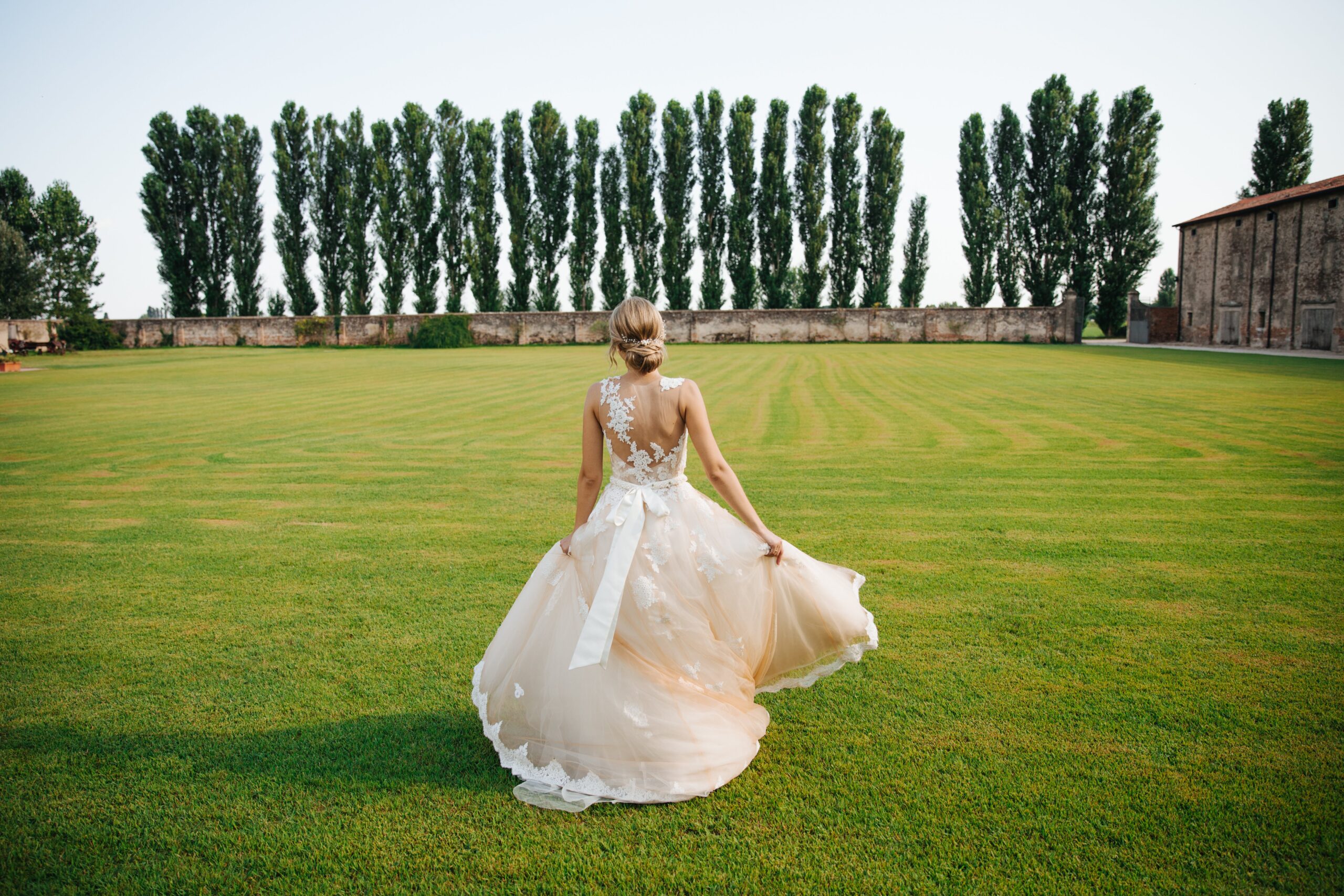Arab wedding traditions are incredibly diverse and fascinating, with each country and community having its own unique customs.
Arab Wedding Engagement:
The engagement period is an important phase, where families of the bride and groom come together to formalize the union. Rings may be exchanged, and a small gathering is often held to celebrate the engagement. This is a festive event where the bride's hands and feet are adorned with intricate henna designs. It's usually a women-only gathering, featuring music, dancing, and traditional foods. Both the bride's and groom's families come together for singing, dancing, and performances. It's a way to celebrate and enjoy the upcoming wedding festivities. Similar to a sangeet, this gathering involves music and dance performances by friends and family members. It's a way to lighten the atmosphere and create joyful memories before the wedding. Wikipedia

Dressing Up in Style:
Arab brides shine in their beautiful dresses, which can be adorned with intricate embroidery and vibrant colors, depending on their preferences and culture. Grooms also look their best, either in elegant suits or traditional attire that reflects their cultural heritage.
Celebrating with Joy:
The wedding procession, known as Zaffa, is a true spectacle. With music, dancing, and drums, the groom's side parades to the bride's location, spreading joy all around. The energetic Dabke dance is a must at many Arab weddings. It's a line dance where everyone joins in and has a blast.
Ceremony and Heartfelt Moments:
The religious marriage contract is a deeply meaningful part of the wedding. The couple, with their close friends and family as witnesses, signs the contract to officially become a married couple. Sometimes, rings are exchanged during the ceremony to symbolize the couple's commitment to each other. In some regions, there's even a lovely custom involving sharing milk and honey.

Indulging in Deliciousness:
Arab weddings are famous for their delicious feasts. Guests are treated to a variety of traditional dishes that reflect the rich culinary heritage of the region. Music and dancing are the heartbeats of Arab weddings. From traditional tunes to modern beats, everyone hits the dance floor and has a blast.
After the Celebrations:
After the wedding, the groom's family often hosts a reception called Walima. It's a joyful event where both families come together to celebrate the newlyweds. Guests shower the couple with gifts and blessings, helping them kickstart their journey together.

The beauty of Arab wedding traditions lies in their diversity and the love that's shared through every custom. While these practices are common in many Arab cultures, each community adds its own special touch, making each wedding a unique and heartwarming experience.











